In moments of loss, when words often fall short, expressing gratitude through a funeral program can offer solace and connection. **Thank you notes** in a funeral program hold a special place, serving as a bridge between the bereaved and those who have offered support. They are not just mere formalities; they are heartfelt acknowledgments of the love and compassion extended in times of grief.
Including a thank you note in a funeral program is an opportunity to convey appreciation to those who have provided emotional, physical, and even spiritual support. These notes have a way of uniting everyone under the shared experience of celebrating a loved one’s life. They also offer a moment of reflection, allowing families to consider all the kindnesses they have received.
Moreover, these notes can be a source of comfort for those who read them. They provide assurance that their gestures, whether small or grand, have made a difference. This acknowledgment can help strengthen community ties and foster a sense of mutual support, which is vital during such challenging times.
As you prepare to express your gratitude, remember that your words, no matter how simple, will be cherished. If you need professional assistance to ensure that your funeral program beautifully encapsulates these sentiments, **order funeral & memorial prints today** at DisciplePress. Let us help you create a meaningful tribute that honors your loved one and acknowledges the support you have received.
Choosing the Right Words for Gratitude

Crafting the perfect thank you note for a funeral program involves selecting **words that resonate** with sincerity and warmth. The key is to convey your heartfelt appreciation in a way that feels genuine and personal. Begin by reflecting on the support you’ve received and consider what touched you the most. This introspection can guide you in choosing words that truly capture your gratitude.
When drafting your message, it’s important to be specific. Instead of a generic “thank you,” try to mention the gestures or actions that were particularly meaningful. For example, “We deeply appreciate your comforting presence during our time of loss,” or “Your thoughtful meals brought us much-needed comfort.” These specific acknowledgments can make your thank you note more impactful.
Another approach is to personalize your message by addressing the recipient directly, if possible. This can foster a stronger connection and make your gratitude feel more intimate. You might write, “Dear Sarah, your kindness and support during this difficult time have been a beacon of hope for us.” This personal touch can enhance the emotional depth of your message.
Remember, the tone of your thank you note should reflect your true feelings. Whether it’s formal or informal, let your words flow naturally. Avoid overthinking the phrasing; instead, focus on expressing genuine appreciation. Your sincerity will shine through, offering comfort to those who read it.
Ultimately, the words you choose should reflect your unique relationship with the recipient, ensuring that your gratitude feels both authentic and heartfelt.
Sample Thank You Phrases for Funeral Programs

Finding the right words to express gratitude in a funeral program can be a daunting task, especially when emotions are running high. To assist you in crafting a message that resonates with sincerity and warmth, here are some sample phrases that you may find helpful:
- “Your support and kindness during this difficult time have been a source of comfort and strength.”
- “We are deeply grateful for your words of sympathy and support as we navigate this loss.”
- “Your thoughtful gestures and presence have been a great source of solace to our family.”
- “Thank you for standing by us and sharing in our sorrow. Your kindness is greatly appreciated.”
- “In our time of mourning, your love and support have been invaluable to us.”
- “Your comforting presence and words have made a difficult time more bearable.”
Each of these phrases can be adapted to suit the specific relationships and situations involved. The key is to ensure that the gratitude expressed is both heartfelt and specific to your experience. You might choose to combine several phrases or modify them to better fit your unique circumstances.
Additionally, it’s important to consider the tone you wish to convey. Whether you opt for a more formal tone or a conversational one, make sure it aligns with the overall sentiment you wish to express. Ultimately, the goal is to create a message that honors both the deceased and those who have offered their support during a challenging time.
Incorporating Personal Touches in Messages

Adding personal touches to your messages in a funeral program can significantly enhance their emotional depth and resonance. By doing so, you not only convey appreciation but also celebrate the unique qualities of the deceased and the special bonds shared with those attending.
Begin by reflecting on the individual qualities or memorable moments that characterized your loved one. Did they have a particular passion or hobby that connected them with others? Highlighting these aspects can create a message that feels personal and genuine. For example, if they were an avid gardener, a message could include: “Thank you for nurturing our spirits as [Name] nurtured their garden.”
Another effective way to personalize your message is by including anecdotes or shared experiences. Recalling a specific incident or memory that involves the person or group you’re thanking can make your message more relatable and heartfelt. This not only honors the deceased but also acknowledges the shared journey with those who supported you.
Using the deceased’s own words or favorite sayings can also add a distinctive touch. This can serve as a comforting reminder of their presence and influence on those around them. For instance, if they had a signature phrase or a life motto, incorporating it into your message can provide solace and inspiration.
Ultimately, the aim is to craft a message that feels both authentic and reflective of the bond shared. By thoughtfully considering these elements, you can create a tribute that resonates deeply with all who read it, providing comfort and connection in a time of loss.
Formatting Tips for a Professional Appearance

Creating a funeral program that exudes a professional appearance is not only about the content but also about the way it is presented. A well-formatted program ensures that the messages and tributes are readable and aesthetically pleasing, offering a sense of dignity to the occasion.
Start by choosing a simple and elegant font. Opt for a typeface that is easy to read, such as Times New Roman or Arial, for the main text. For headings or sections, you can use a slightly more decorative font, but ensure it remains legible. Consistency in font usage across the program will maintain a cohesive look.
Pay attention to the layout. Use clear headings and subheadings to guide the reader smoothly through the program. Align text to the left for readability, and use bullet points or numbered lists where necessary to break down information into digestible parts. Adequate spacing between lines and sections will prevent the page from appearing cluttered.
Incorporate high-quality images that are meaningful and relevant. Ensure the images are well-placed and do not overpower the text. A centered image of the deceased on the cover page, for instance, can add a personal touch while maintaining a professional tone.
Finally, select a coordinated color scheme that resonates with the personality of the deceased or the theme of the memorial service. Subdued, complementary colors usually work best, as they convey a sense of solemnity and respect.
By implementing these formatting tips, you can create a funeral program that not only honors the memory of your loved one but also provides a comforting and dignified tribute for those who attend.
Additional Resources for Funeral Program Wording

When crafting the wording for a funeral program, finding the right words can be challenging. Fortunately, there are numerous resources available to help you express your emotions and memories eloquently and respectfully. These resources provide inspiration and guidance to ensure your program resonates with attendees.
Begin by exploring online platforms and websites dedicated to memorial services. These sites often offer sample templates and phrases that can be customized to your needs. Websites like DisciplePress provide insight into crafting heartfelt messages, ensuring your gratitude and memories are communicated effectively.
Consider consulting books on grief and memorials. Many authors have penned guides filled with poetry, quotes, and sample texts appropriate for funeral programs. Such books can offer a deeper understanding of the sentiment required, helping you articulate your feelings more profoundly.
Don’t overlook the value of community support groups or local funeral homes. These sources often have experience-based advice on wording, and they can provide personalized suggestions that align with cultural or religious customs.
Lastly, tapping into your own network of friends and family can be invaluable. They might have personal anecdotes or sentiments to contribute, making the program more personal and meaningful.
For those looking for professionally crafted funeral program prints, we invite you to order funeral & memorial prints today. Let us help you create a tribute that honors your loved one’s memory with dignity and grace.
 Free Shipping Over $50
Free Shipping Over $50  888-432-8363
888-432-8363


 Obituary/Programs
Obituary/Programs No-Fold Memorial Programs
No-Fold Memorial Programs 4 Page Funeral Programs
4 Page Funeral Programs 8 Page Memorial Programs
8 Page Memorial Programs 12 Page Funeral Programs
12 Page Funeral Programs 16 Page Funeral Programs
16 Page Funeral Programs 20 Page Funeral Programs
20 Page Funeral Programs Tri-Fold Funeral Programs
Tri-Fold Funeral Programs Complete Memorial Packages
Complete Memorial Packages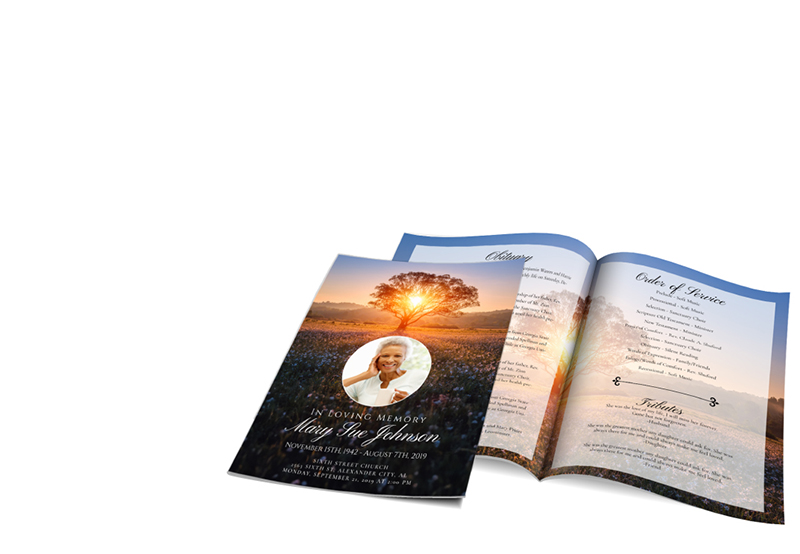
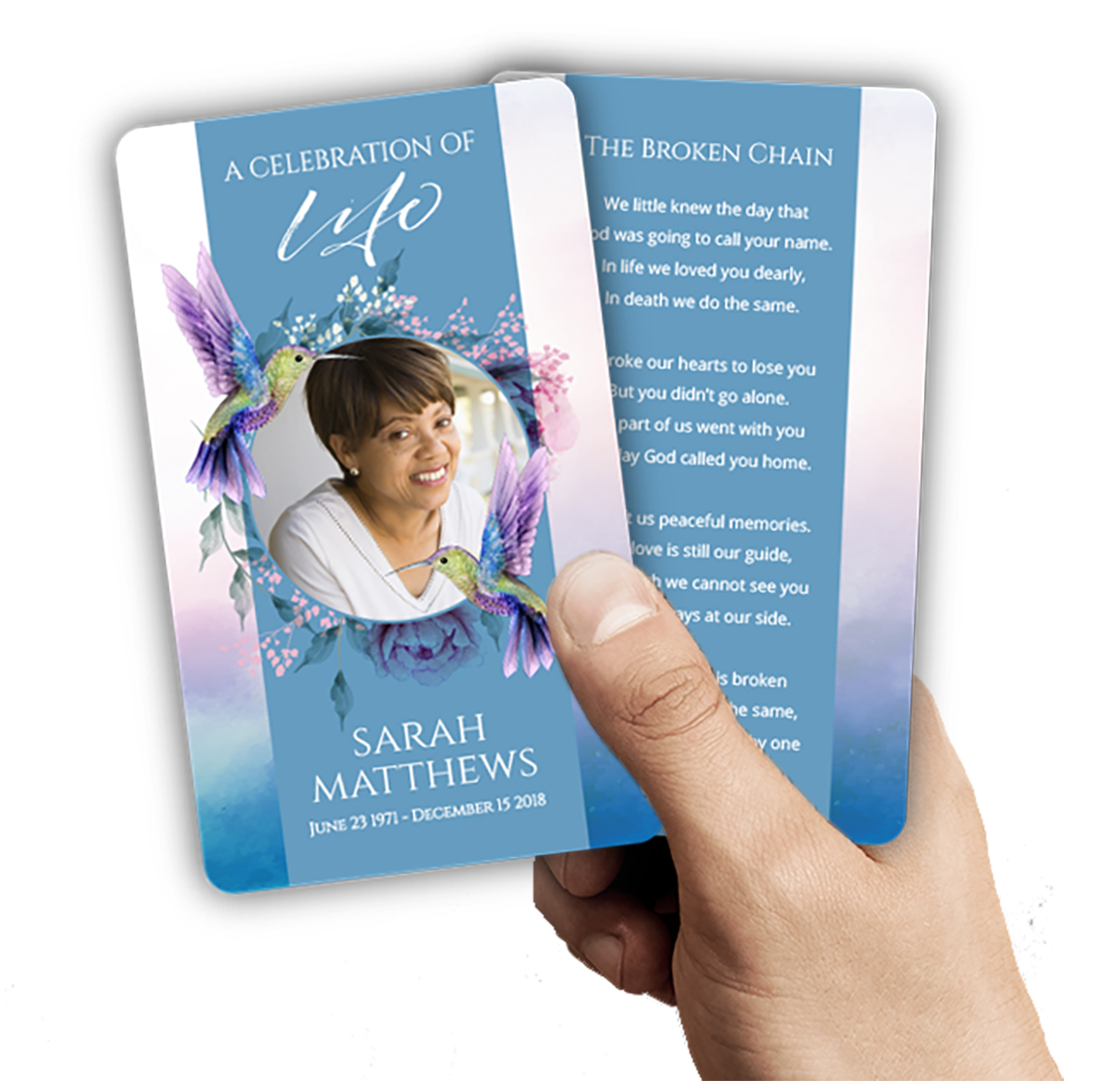 Cards & Bookmarks
Cards & Bookmarks Saint Prayer Cards
Saint Prayer Cards Folded Memorial Cards
Folded Memorial Cards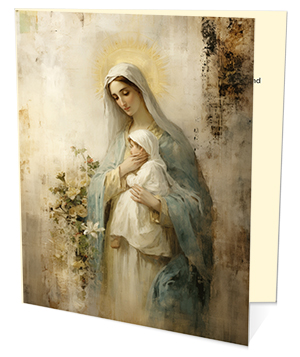 Folded Holy Cards
Folded Holy Cards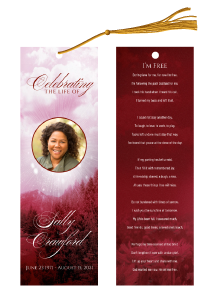 Memorial Bookmarks
Memorial Bookmarks Thank You Cards
Thank You Cards Share-A-Memory Cards
Share-A-Memory Cards Memorial Magnets
Memorial Magnets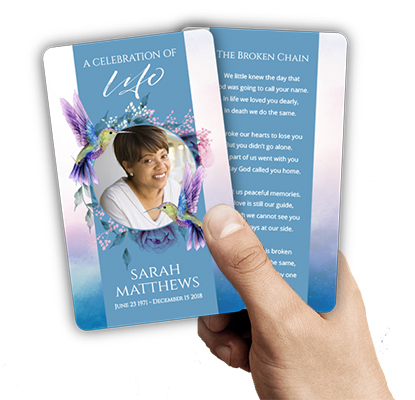
 Memorial Posters
Memorial Posters Guest Books
Guest Books Slide Shows
Slide Shows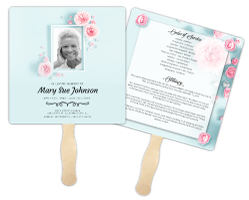 Memorial Fans
Memorial Fans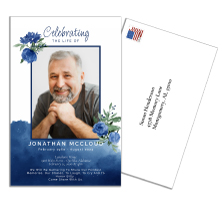 Death Announcements
Death Announcements Take Away Keepsakes
Take Away Keepsakes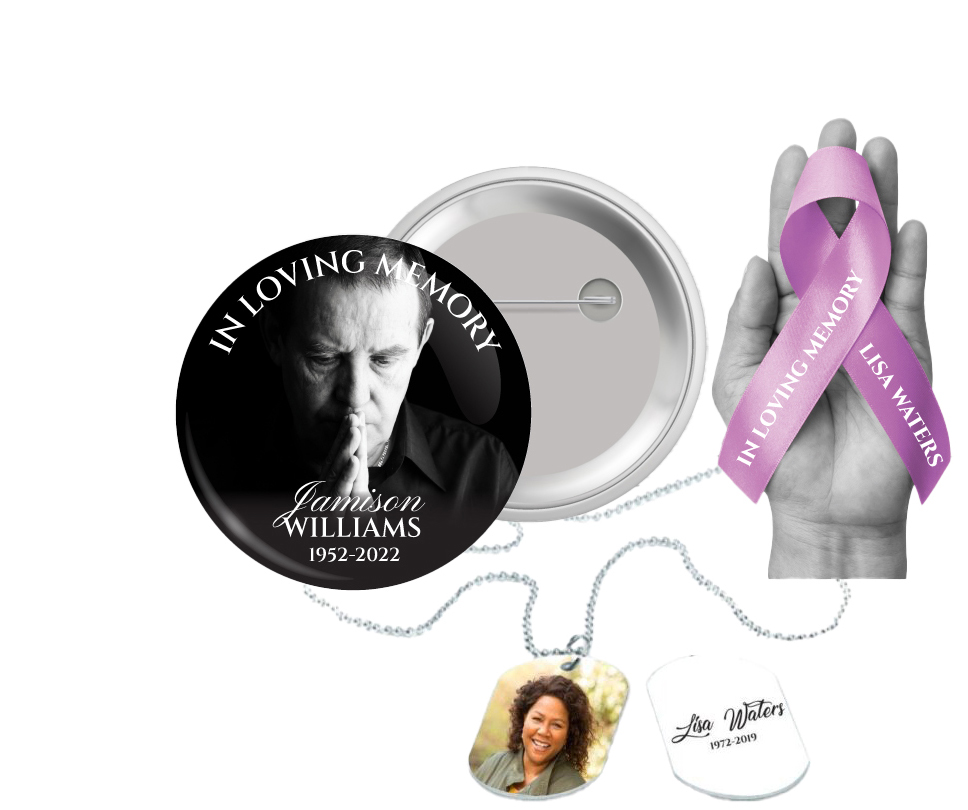
 Church Products
Church Products









